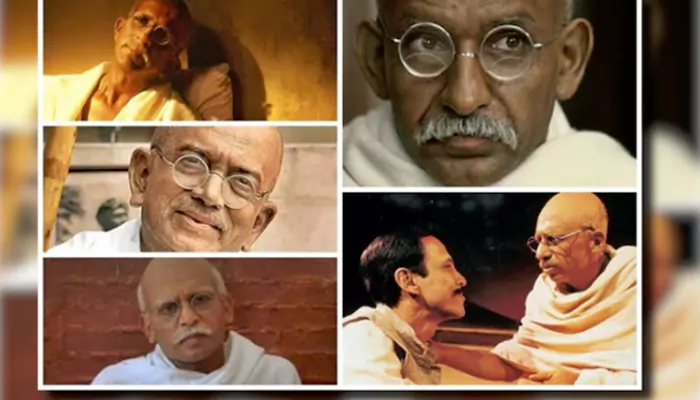Lost classics: The forgotten books that had a major impact—time to rediscover them!
- Jayati
- 1 year ago
- 3 minutes read
Did you know The Tale of Genji is often called the world’s first novel? Written in the early 11th century by Murasaki Shikibu, it follows nobleman Hikaru Genji and explores love, power, and life during Japan’s Heian period.
Over the years, certain books have had a huge impact on our world, even though they’ve mostly fallen off the radar. They may not be household names anymore, but these works have shaped cultures, driven movements, and laid the groundwork for how we think today. In this piece, we’re bringing some of these important but forgotten masterpieces back into the spotlight. Let’s take a look!
The Satyricon by Petronius
Petronius’ The Satyricon is a 1st-century Latin novel that's all about satire and humour. It follows the wild adventures of Encolpius and his crew as they navigate the flashy, over-the-top world of Roman society. The novel gives us a rare peek into what life was really like in ancient Rome, mixing comedy, drama, and some sharp social commentary. Even though it’s incomplete, The Satyricon still provides a fascinating look at Roman culture and literature.
The Rubaiyat of Omar Khayyam by Omar Khayyam
The Rubaiyat of Omar Khayyam is an 11th-century collection of quatrains by Persian poet Omar Khayyam. These verses explore love, nature, and life’s fleeting nature. Celebrated for their beauty and depth, the poems gained worldwide fame through Edward FitzGerald’s 19th-century translation, captivating readers with Khayyam’s reflections on fate and existence.
The Consolation of Philosophy by Boethius
Boethius’ The Consolation of Philosophy, written in the 6th century, is a dialogue with Lady Philosophy about fortune, happiness, and the nature of existence. Combining classical ideas, it offers valuable insights into life and has influenced thought throughout the Middle Ages and Renaissance.
The Travels of Marco Polo by Marco Polo
Marco Polo’s book The Travels of Marco Polo tells the story of his 13th-century journey through Asia. He describes the places, people, and politics he saw. Published in the late 13th century, it gave Europeans their first real look at the East and sparked interest in exploring and trading. Polo’s lively tales helped connect different cultures.
The Book of the Courtier by Baldassare Castiglione
Written in the early 16th century, The Book of the Courtier is a discussion about what makes a great courtier. Baldassare Castiglione based it on his time at the court of Urbino. The book talks about manners, the arts, and the duties of a nobleman. It became a guide for behaviour and diplomacy, influencing aristocrats across Europe.
The Epic of Gilgamesh by Anonymous
The Epic of Gilgamesh is one of the oldest stories from ancient Mesopotamia, dating back to around 2100 BCE. It’s about Gilgamesh, the king of Uruk, who goes on an adventure to find a way to live forever. The story explores friendship, adventure, and finding purpose in life. Found on clay tablets, it gives us a peek into early human life and has inspired many stories since then.
Also, two more key books to mention are The Canon of Medicine by Avicenna and The Muqaddimah by Ibn Khaldun. Both have played a huge role in shaping literature and our understanding of life. These works have significantly influenced our world and who we are today.












